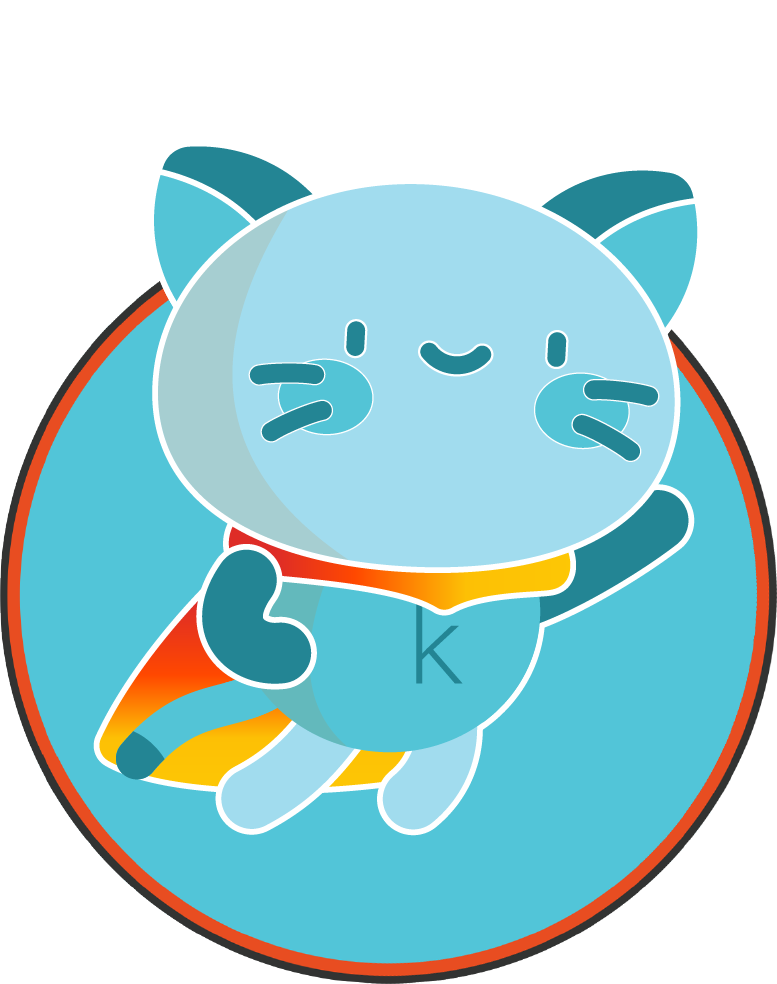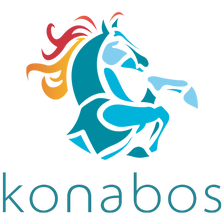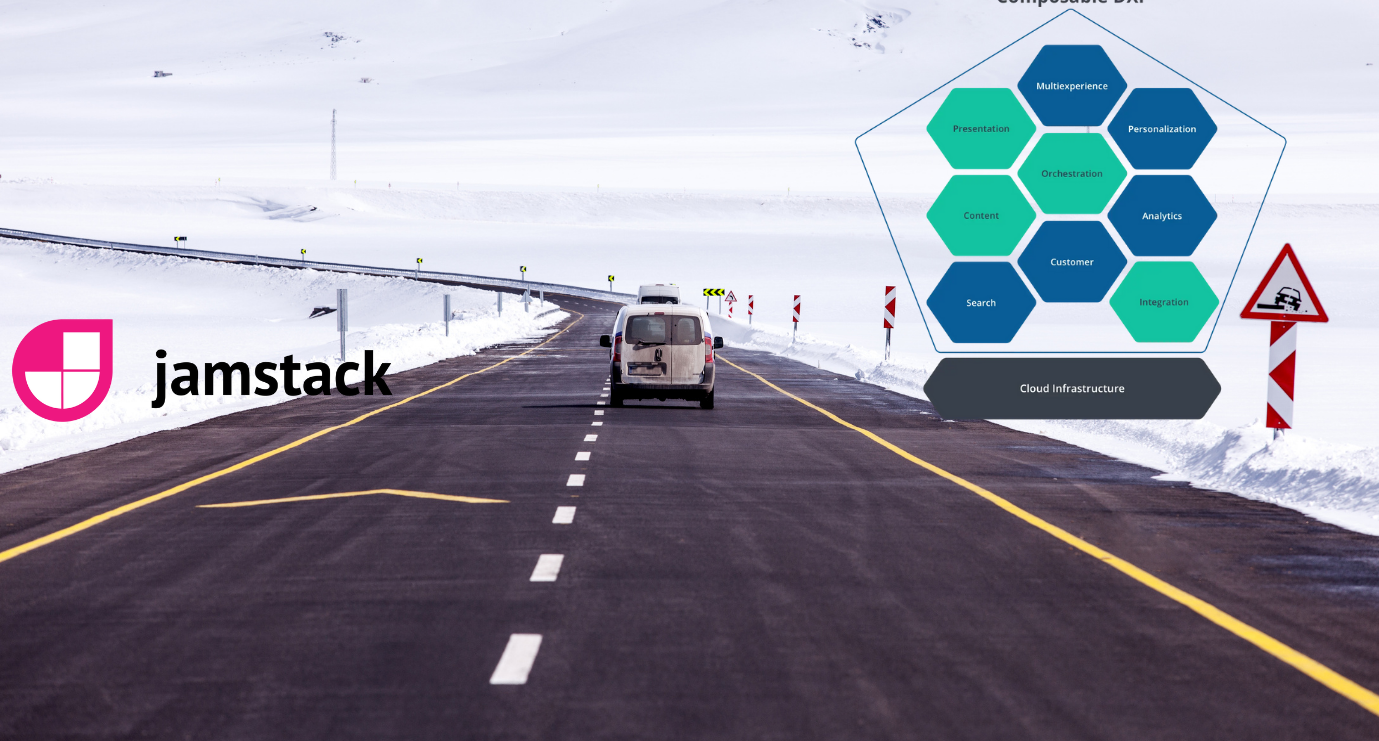Composable DXP is a Journey, not a destination
Konabos Inc. - Konabos
29 Nov 2021
Composable DXP is a Journey, not a destination. In this video, we talk about how Composable DXP is a journey with measurable and achievable goals.
Transcript
Note: The following is the transcription of the video produced by an automated transcription system.
Today we have Dennis and Matt talking to us about composable DXP. So, Dennis, what is composable DXP? Well, composability, that's a term that gained some traction in 2019, when Gartner put out a report saying that organizations need to adopt a composable approach to future to future proof their stacks, right? Since then, people have been talking about composability and then composable digital experience platforms, which are the web content management systems on steroids, so to speak. But, you know, I think that things for people to remember is that composability is not really a technology play. Composability has to do with business agility, and I think that's the thing for us to really remember. It's to organize your tech stocks in a way that makes your business more agile. And so, you know, when you do that with a digital experience platform, you separate the concerns because agility is all about making sure you have a module that you can plug and play with different things. It's like the deluxe LEGO set. That's what really gives you that agility. So that's what a composable DXP is all about. It's about having best of breed components in each area of your of your stack.
So is composable DXP a journey or a destination? Will it ever end? Is this the question to both of you?
Well, I will. Yeah, I can go first there. So I think that if someone is telling you that it is a destination, beware. I think we're in a marketplace now where we're constantly moving. There's constantly new options coming on board and better options come each day that can scare people who are making decisions. But I think with a composable DXP, it gives you the best. The P for platform, right? It gives you the best platform to be able to make those changes and move with the market. And I think we use the word agility before. Much like agile methodology, you're really never at the end because if you're at the end of a little bit of an issue there, because you can always be better. There can always be better. And you know, it should always be a journey. You should always be open to new and better options.
Yeah, a hundred percent, Matt. And then that's that agility is the key. And so, yeah, that's exactly why we have agile development methodologies. But it's also why we should start to think about customer experience in general as an agile, ongoing process. So it's not a something where we're just having a big lift project and leaving it for years and years. But if you want to be in more agile organization, it's going to be a continuous evolution and conversation with the customer, right? So those conversations are back and forth. They don't end, and it really is about transforming our approach to the DXP from being one that is that big lift cap ex project once every three, four, five, six years to one, that is a continuous evolution. So you need a different stack and a different approach and mindset to be able to enable that.
Could I ask a question, either Akshay or Dennis, when you're speaking with decision makers who have to make, you know, we're at the point where you're making decisions for next year in your future years, do you hear anxieties? Do they feel do they feel confident in this in this new composable space? Like what? Maybe Dennis, first, you're talking to a lot of folks. What do you what do you hear?
No, I mean, you hear a lot of trepidation. I think one of the things that is easier to wrap your head on around, especially if you come from a large enterprise environment, is the traditional waterfall approach where I define a scope. Somebody gives me a quote. I get the project done. I pay for it. We're done. I cross it off my list. But if you are taking a composable approach and in more agile approach, you have to start off with the premise. I do not know where the destination or this conversation with the customer is going, and I have to be willing to evolve over time. Now that doesn't mean that the budgets are open ended. It just means that what you should do is switch your approach from being one that is large, project oriented to small incremental improvements oriented. So you do what you can do within a fixed time and budget in in an iterative way. That's one the common misconception people think agile just means that, hey, there's no end and we'll just keep, you know, the budgets will just keep going. But no, with an agile approach, you can certainly have a launch date and you can certainly have a budget. But what goes into it is the thing. That are most important right now in this iteration.
And I think the other thing, too, is a lot of leaders are not aware and the partners they are working with are not being transparent enough with them. Most of the companies are already doing composability. That's a shocker to them. But if you really think about it, the companies we are dealing with, they already have a group of people who are doing Google Analytics. They already have a group of people who are doing marketing automation. It's about reusability, too. It's not about just best of breed, it's what works for your company. Best of breed might be, I don't know some other analytics, but Google Analytics is what works best, and it's already embedded in your company, right? So part of it also is for the leaders to see, Hey, we are already on the path. I would bet you dollars to donuts as many of these companies are already on the path become possible. It's just that in certain aspects of their org, the technologies that are using their monolithic into it, you just have to find a different angle for them.
I think one of the really interesting parts of DXP and jamstack and headless is that you don't have to spend as much time selling an idea. You can actually prove the idea in part, you know, through the term POC proof of concept or as we like to say, POV proof of value. And that, to me, is why it should always really be thought of as a journey as well, because it's a it's really a journey of investigation and promise. And that to me, Dennis is a great salesman, but that to me is amazing, right? That you can actually talk about it. And then in some cases in a few weeks not to put Akshay on the griddle there to get those things done. But in a few weeks, you can show the promise of a slice of something really quickly that that has been really kind of revolutionary to me.
Right. And you know, and that ability to deliver value is what sells the next iteration, right? And that's really what it's about. I mean, if you are going to be going on a journey with a customer, you want to test your hypothesis. You never go in saying, I know what the customer wants. I, you don't go into your Batcave for six months, design the next wonderful experience only to come out of it probably a year later to find out that, you know, sad trombone want. It's not exactly working the way we wanted. If you take a composable approach and an agile approach, you deliver this piece of functionality and value and you see, did that work? And if it didn't work, you pivot, right? But you fail faster, you pivot faster and you have incremental, you know, improvements much faster as well. So that's small change in our mindset. You know, while it might seem a little bit more open ended, it's exactly how we make the greatest achievements we've made as a species by testing, learning, iterating.
That's awesome. Thank you so much, guys, for your time for today, and we'll probably come back with many more topics. Absolutely a pleasure. Thank you.
If you have any questions, please get in touch with me. @akshaysura13 on Twitter or on Slack.

Konabos Inc.
Yay to Konabosing in style! Content tagged with the Konabos handle is produced by two or more Konabos team members.


